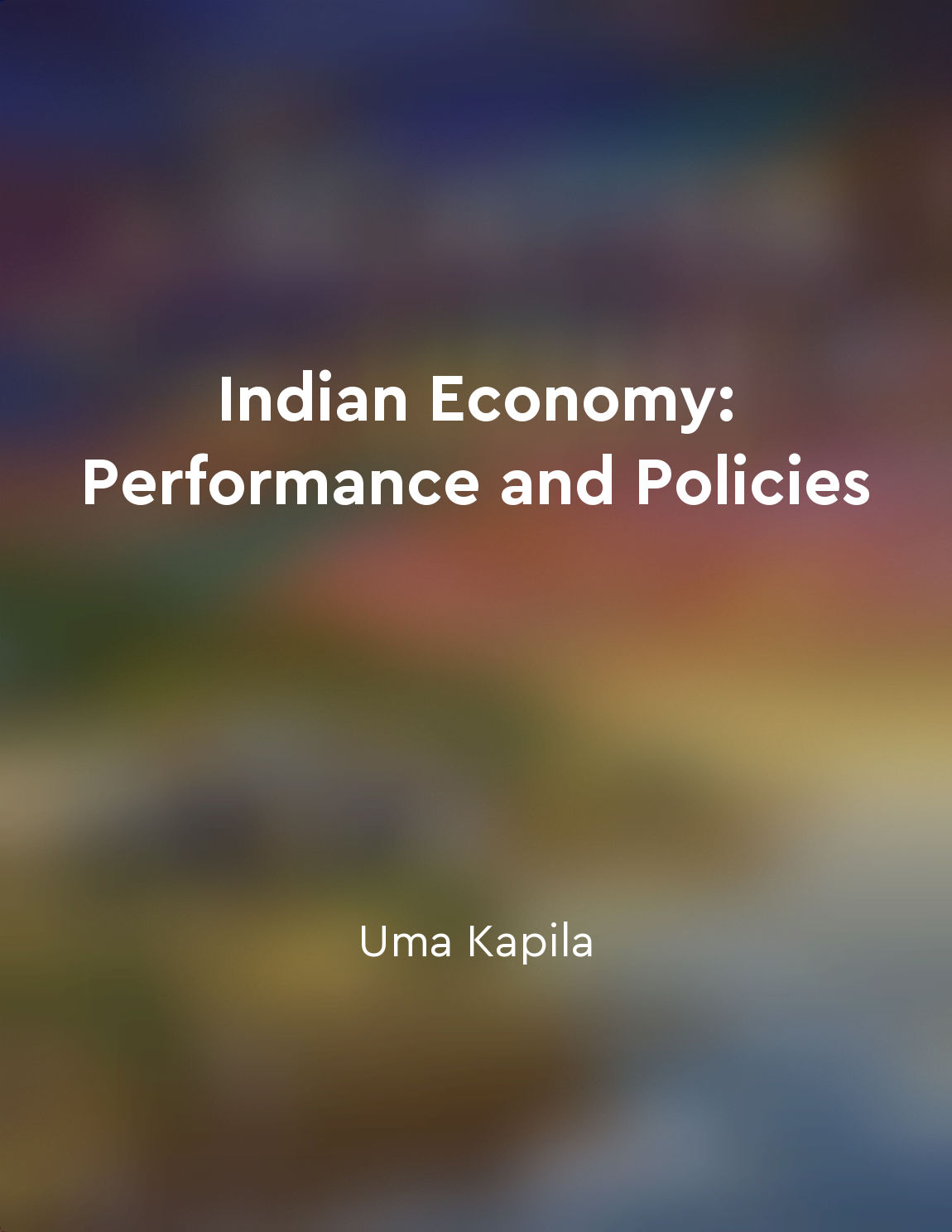Audio available in app
Power dynamics within institutions impact governance and democracy from "summary" of The Future of Political Science by Harold D. Lasswell
Power dynamics shape the very fabric of institutions, influencing how governance operates and the quality of democratic processes. Within any institution, relationships among actors—whether they be leaders, bureaucrats, or citizens—determine how decisions are made and how authority is exercised. These interactions often reflect broader social hierarchies and interests, affecting policy outcomes and the responsiveness of governance structures. Institutional arrangements can either facilitate or hinder democratic engagement. When power is concentrated in the hands of a few, it can lead to a governance system that prioritizes elite interests over public welfare, undermining the principles of representation and accountability. Conversely, decentralized power can foster greater participation and inclusivity, allowing diverse voices to shape decision-making. This interplay reveals that effective governance is not merely a function of rules and regulations but is deeply rooted in the dynamics of authority and influence. The capacity for institutions to adapt and respond to societal needs also hinges on these internal power relations. When institutions are rigid and resistant to change, they may become obsolete, losing their legitimacy in the eyes of the populace. A vibrant democracy thrives on the ability of institutions to evolve, reflecting the changing aspirations and concerns of the citizenry. Public perception of legitimacy is often tied to how power is exercised within these frameworks. Transparency, fairness, and accountability are essential for fostering trust in governance. When citizens perceive that power is wielded unjustly or arbitrarily, disillusionment can ensue, leading to apathy or, worse, unrest. Thus, understanding the nuances of institutional power dynamics is crucial for nurturing a healthy democratic environment and ensuring that governance remains responsive and equitable.Similar Posts
Danes tend to be reserved and prefer not to brag about their accomplishments
In Denmark, humility is highly valued. Danes are taught from a young age not to stand out or draw attention to themselves. This...
Goals should be specific
In order to effectively achieve our goals, we must be specific in defining what exactly it is that we want to accomplish. Vague...
Strong social networks support social cohesion
One of the central themes that emerges from the research is the idea that strong social networks can play a crucial role in fos...
Formation of the Black Panther Party
The Black Panther Party was born out of a necessity that was apparent to many black people in this country. It was clear to us ...

Fiscal deficit monetary policy framework
Fiscal deficit is the excess of total expenditure over total receipts excluding borrowings during a particular period. It refle...
Corporate power threatens democratic ideals
The relentless grip of corporate power is a grave threat to the very core of democratic principles that underpin our society. T...
Environmental politics
Environmental politics is a crucial aspect of political philosophy that requires careful consideration and analysis. It involve...
Democracy must be continually reexamined and reimagined
The concept that democracy must be continually reexamined and reimagined is a critical one in the context of political thought ...
Corruption thrives in environments where power is abused
The insidious phenomenon of corruption is like a parasite that feeds on the abuse of power. When individuals in positions of au...
Wikipedia is a prime example of a successful decentralized platform
Wikipedia is a prime example of a successful decentralized platform. Unlike traditional organizations with a top-down hierarchy...
